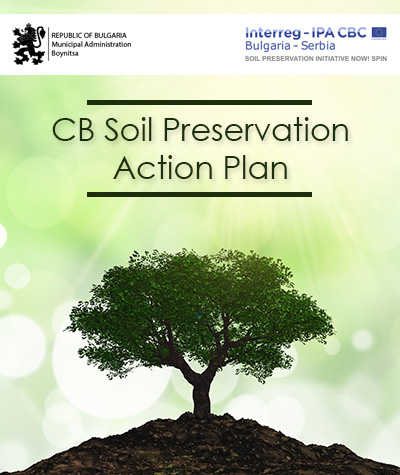
In recent decades, humanity has faced increasing pollution of the environment and its elements. In addition to natural pollution through the processes taking place in the atmosphere, the lithosphere and the hydrosphere, since the mid-twentieth century, the increasing influence has been anthropogenic, ie human influence. The first signals of this worrying phenomenon were expressed through the reduction of biodiversity and climate change. And that were big signs of warning. Faced with this, the man decided to try to remedy the situation. How to do it? Simple, four very clear steps, observation, measurement, reflection, resolution.
The burning issue of halting further degradation and then of environmental protection rests on the need to identify the sources of pollution, that is, establish a monitoring system - monitoring of environmental pollution. Based on the results of monitoring, measures should be taken to stop further pollution, repair the devastated environment, and above all soil, and fight to stabilize the repaired soil and return it to the optimum medium. Along with direct measures, it is necessary to intensify to a greater extent develope awareness about the environment in which we live and which we will leave to our descendants through education and upbringing, from a pre-school institution to higher education. Also, the public is necessary in detecting problems and solving them as well as protecting "harassers", because everyone's interest is the same, a healthy environment in which we live and pursue our activities.
In short, in order to maintain or increase the level of soil organic matter, organic matter inputs must meet or exceed the decomposition of organic matter. At the same time, healthy crops can be a valuable source of organic matter, and crop residues should be returned to the soil as much as possible.
Combining the aforementioned preventive and repressive measures, such as compliance with legislation, among which is also the "polluter pays" principle, is achieving the goal, reducing pollution and and creates a healthier environment. All this is aimed at ensuring that today and in the coming decades, citizens of the entire planet Earth live in a safe and healthy environment that is managed in a way that respects environmental constraints and ensures environmental resilience. Vision for 2050 from the EU General Environmental Action Program: “In 2050, we are living well, within the ecological constraints of the planet. Our progress and healthy environment come from an innovative, circular economy where nothing is thrown away and where natural resources are managed in a sustainable way, and biodiversity is preserved, valued and restored in ways that strengthen the resilience of our society“
"Let us protect the earth and nature on it, because we have not inherited them from our grandfathers and fathers, but have borrowed them from our descendants."
(Sitting Bull)










